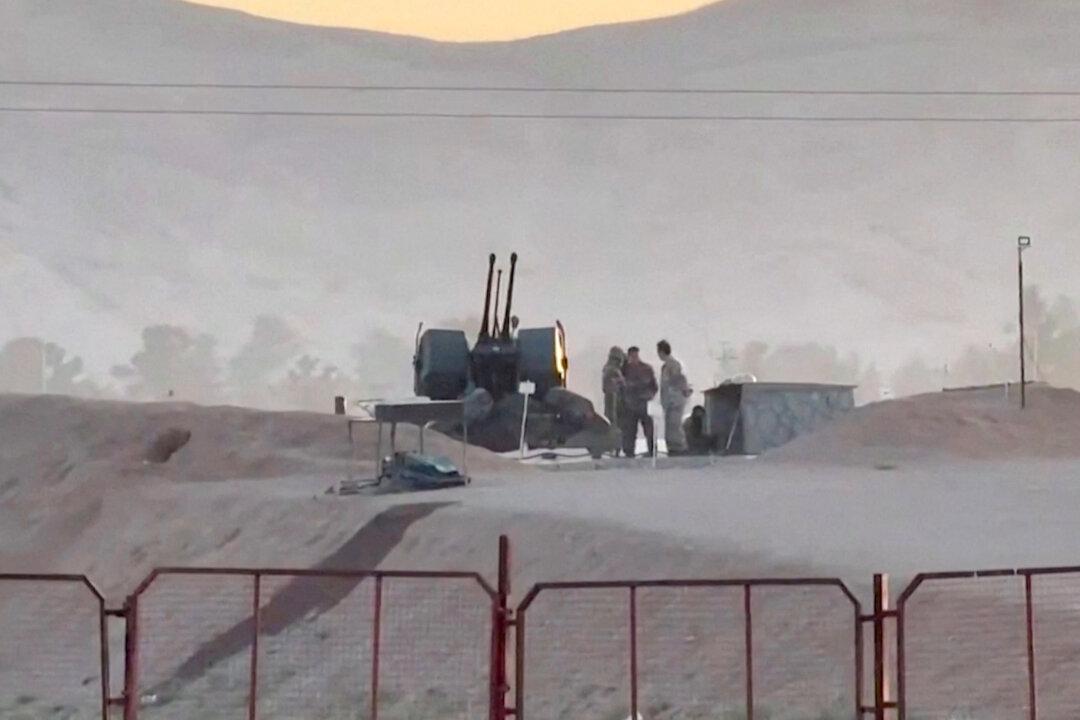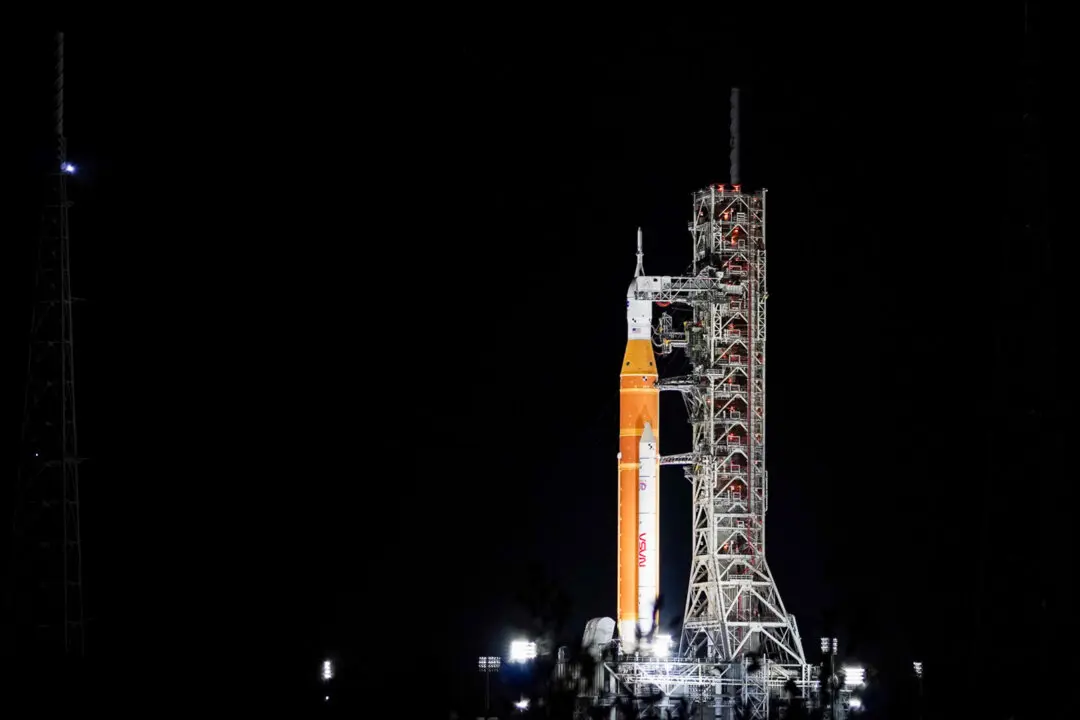Israel appears to have launched a retaliation attack on Iran early Friday morning, nearly a week after the Islamic nation launched a combination of more than 300 missiles and drones against it.
Explosions were reported near the Iranian city of Isfahan, which plays an important role in Iran’s nuclear program, and air defenses were triggered across the country.






